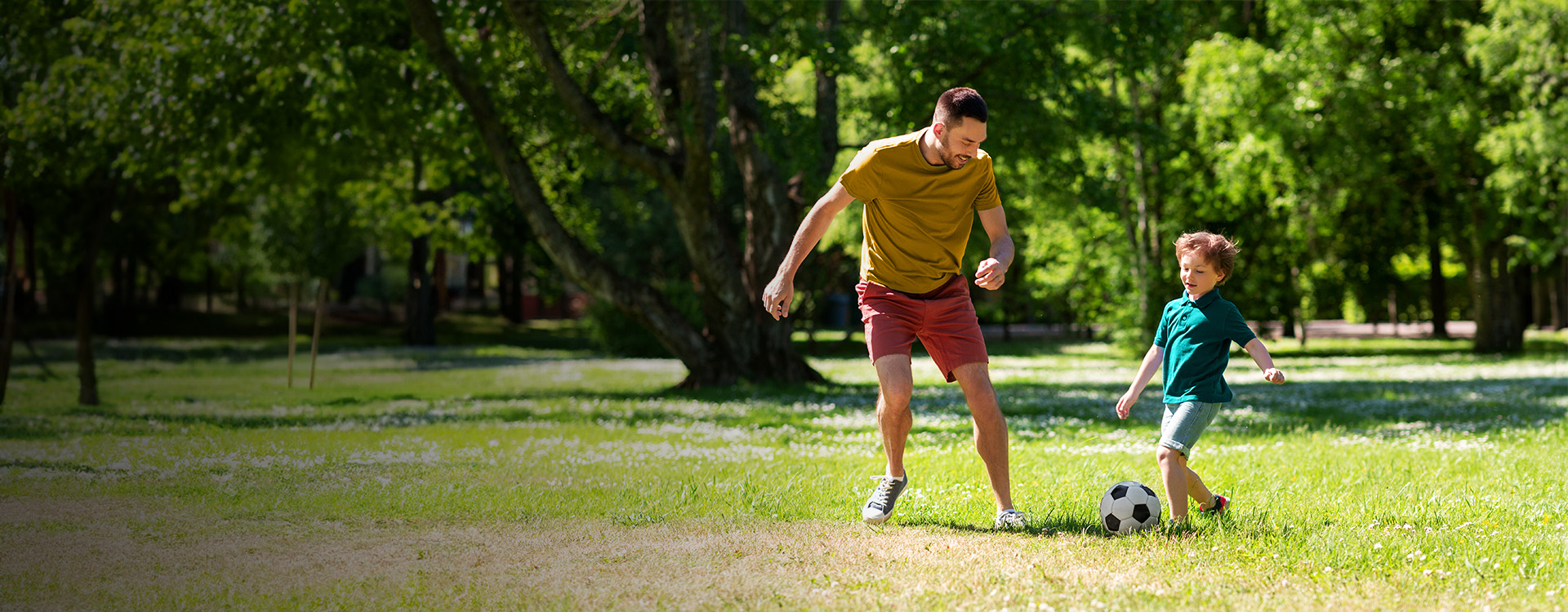Wills & Probate
Resources
Driven by our Clients
Head Office
Call us: 01749 345 756info@lyonsbowe.co.uk


When a family changes, the most important thing is ensuring your children are looked after. Our team helps you build workable arrangements for the future, while providing the personal care your family deserves.
.avif)
Acknowledgement of Service Received



Introduction
When families face separation, the wellbeing and stability of children is always at the heart of every decision. Our experienced family law solicitors provide sensitive, clear advice on child arrangements, including contact, residence, custody, and parental responsibility matters. We help parents reach amicable agreements whenever possible, promoting cooperation and positive co-parenting. Where agreements cannot be reached, we offer effective representation in court proceedings, always prioritising the best interests of your children. Serving families across England and Wales, we provide personalised support, fixed-fee consultations, and detailed guidance to help you navigate child arrangement disputes with care and confidence.
.png)
We understand that every divorce is unique, and we take the time to understand your individual needs and concerns, with children being our number one focus always.


Collaborative law

Financial Arrangements

Child Arrangements
The term "residence order" isn't really used anymore. It's been replaced by "child arrangement order". This type of order can set out where a child will live (this is sometimes called a "lives with" order) and when they will spend time with each parent or other important people in their life (sometimes called a "spends time with" order). The most important rule is that any decisions made will always be in the best interests of the child. If you need help understanding child arrangement orders, get in touch with Lyons Bowe.
Child arrangement orders usually last until the child reaches 16 years old. However, sometimes orders about financial support for a child can continue until they are 18, or even longer in some cases, like if they are still in full-time education. The exact length can depend on the specific order, so it's best to get advice on your individual situation from a solicitor like Lyons Bowe.
There is no fixed time frame for how long it will take to achieve a final order, however on average it can take between 6 – 12 months.
Either parent can apply for a child arrangement order, as can: A step-parent, Anyone who has been granted a child arrangement order that stipulates that the child must live with them, Any person that the child has lived with for at least 3 years, Anyone else, including grandparents, must get permission from the court and show that they have had a significant role in the child’s life before they can apply for an order.
Our ethos is to always try to keep the family unit as functional as possible following a separation of divorce, even if it’s difficult in the beginning. If however, there is a more serious reason why you may not wish to see your ex spouse such as abuse, it may be possible to proceed through the divorce and child arrangement process without seeing them, as well as presenting a case for them not being able to see your children.
A court order is not a legal requirement. If you are able to reach an agreement between yourselves that meets everyone’s needs, then you don’t always have to speak to a solicitor. However, we would always recommend getting your agreement written up by one of our family lawyers in case things change in the family at a later date. You can also choose to have your agreement approved by the court to make it legally binding. You can also choose to have your agreement mediated by a solicitor to help you reach an amicable agreement between the two of you. This does not require going to court.
In opposite-sex couples, if you are unmarried and have legal parental responsibility (biological parent or adoptive parent) then you have the same rights to your child as any married parent. The law is slightly different for same-sex couples. Your legal rights to a child will depend on how the child was conceived or came into the family. In any case, it’s best to get in touch with one of our family lawyers before taking any action.

If you're adjusting to new parenting arrangements, our Conveyancing team can support you in buying the right space, quickly, calmly, and with your child’s future in mind. Legal clarity, emotional reassurance, and a smoother move, backed by Family Law guidance.
